
Anxiety is a growing concern in modern society, affecting millions of individuals globally. As people seek safer, more natural alternatives to pharmaceuticals, one supplement that consistently garners attention is magnesium glycinate. But does magnesium glycinate truly help with anxiety? In this article, we explore the science, benefits, and considerations of using magnesium glycinate for anxiety—and why choosing the right form of magnesium matters.
What Is Magnesium Glycinate?
Magnesium glycinate is a compound consisting of magnesium, an essential mineral, bound to glycine, a calming amino acid. This form is known for its superior absorption and gentle effect on the stomach, making it a top choice among healthcare professionals and natural wellness advocates.
Compared to other magnesium supplements, like magnesium oxide or citrate, magnesium glycinate is less likely to cause digestive upset and is more bioavailable—meaning your body can absorb and use it more effectively.
The Link Between Magnesium and Anxiety
Magnesium plays a crucial role in numerous bodily functions, including:
- Regulating neurotransmitters like GABA (gamma-aminobutyric acid), which helps calm the brain
- Supporting the body's stress response
- Maintaining stable blood pressure
- Promoting better sleep
Research has linked low magnesium levels with increased risk of anxiety and depression. A 2017 review in the journal Nutrients found that magnesium supplementation may have a beneficial effect on anxiety symptoms, particularly in individuals with magnesium deficiency or high stress levels [Source: Nutrients, 2017, "Role of Magnesium in the Central Nervous System"].
How Magnesium Glycinate Helps with Anxiety
1. Calms the Nervous System
The glycine component in magnesium glycinate acts as an inhibitory neurotransmitter, helping quiet the nervous system. This can reduce the overstimulation that often contributes to feelings of anxiety.
2. Improves Sleep Quality
Poor sleep and anxiety are often intertwined. Magnesium glycinate has been shown to improve sleep onset latency and overall sleep quality, which indirectly eases anxiety symptoms.
3. Regulates Cortisol Levels
Cortisol, known as the stress hormone, is released during the body’s fight-or-flight response. Chronic stress can lead to consistently elevated cortisol levels. Magnesium helps regulate cortisol, mitigating anxiety over time.
Who Should Consider Magnesium Glycinate for Anxiety?
If you experience:
- Persistent anxiety or panic
- Stress-related tension
- Difficulty falling or staying asleep
- Muscle tightness or twitches
- Brain fog or irritability
…then magnesium glycinate might be a worthwhile addition to your wellness routine.
Always consult your healthcare provider before starting any supplement, especially if you're on medications or have existing health conditions.
Why Magnesium Deficiency Is More Common Than You Think
The modern diet, high in processed foods and low in whole grains, leafy greens, and legumes, often lacks magnesium. Stress, caffeine, and alcohol further deplete magnesium reserves.
Signs of magnesium deficiency include:
- Fatigue
- Irritability
- Muscle cramps
- Anxiety and mood disturbances
- Poor concentration
Supplementing with high-quality magnesium glycinate can help restore balance and reduce these symptoms.
Choosing a High-Quality Supplement
When selecting a magnesium glycinate supplement, look for:
- Third-party testing to ensure purity
- Chelated form for optimal absorption
- Minimal additives or fillers
- Proper dosage (typically 100-400 mg/day, depending on individual needs)
✔️ Recommended Product: DeluxeSupps Magnesium Glycinate (90 Capsules)
DeluxeSupps’ formulation delivers bioavailable magnesium bisglycinate in easy-to-swallow capsules. It's manufactured in a GMP-certified facility and supports stress relief, muscle function, and better sleep.
When to Expect Results
Magnesium isn’t a fast-acting anti-anxiety drug. For most users, it takes several days to a few weeks of consistent supplementation to notice improvements in mood, stress resilience, and sleep quality.
Improvements are typically subtle but significant over time: better focus, reduced panic, fewer mood swings, and improved calmness during stressful situations.
Combining Magnesium Glycinate With Other Natural Remedies
Magnesium glycinate works well in combination with other natural anti-anxiety strategies, including:
- L-theanine: Found in green tea, promotes relaxation without sedation.
- Ashwagandha: Adaptogenic herb that reduces cortisol.
- Mindfulness meditation: Scientifically proven to reduce anxiety.
- Regular exercise: Boosts mood-regulating endorphins and GABA.
For an integrative plan, consider reading our guide on Natural Remedies for Anxiety That Actually Work.
What the Research Says
Here are some external references that support magnesium’s role in managing anxiety:
- The Effects of Magnesium Supplementation on Subjective Anxiety and Stress—A Systematic Review – Nutrients, 2017
- Magnesium in Depression – Magnesium Research, 2015
- Magnesium and the Brain: The Original Chill Pill – Neuropharmacology, 2018
FAQs
Is magnesium glycinate safe to take daily?
Yes, magnesium glycinate is generally safe for daily use when taken within recommended limits (300–400 mg/day for adults). Side effects are rare but may include loose stools in high doses.
Can it be taken with antidepressants or anti-anxiety medication?
Often, yes. However, it's vital to consult your healthcare provider, as magnesium can interact with certain medications.
When’s the best time to take it?
Magnesium glycinate is typically taken in the evening to promote relaxation and better sleep.
Final Thoughts
Magnesium glycinate is not a miracle cure, but it can be a powerful tool in your mental wellness toolkit. It’s safe, effective, and backed by growing scientific evidence. Whether you're facing occasional stress or daily anxiety, this gentle mineral can offer real relief without harsh side effects.
If you're ready to experience the calming benefits of magnesium glycinate, try DeluxeSupps Magnesium Glycinate (90 Capsules)—a trusted, high-quality choice for holistic stress support.
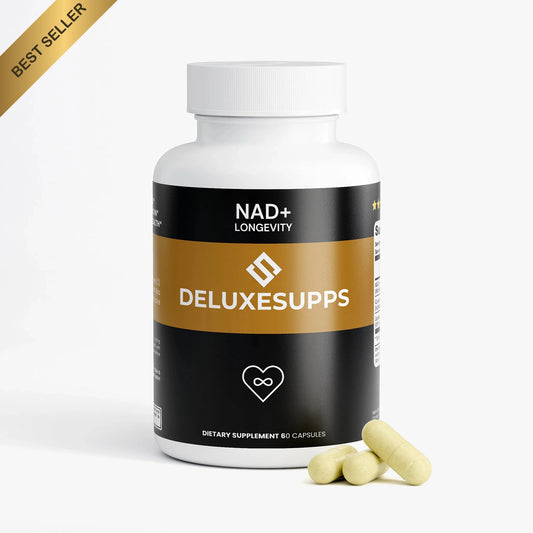
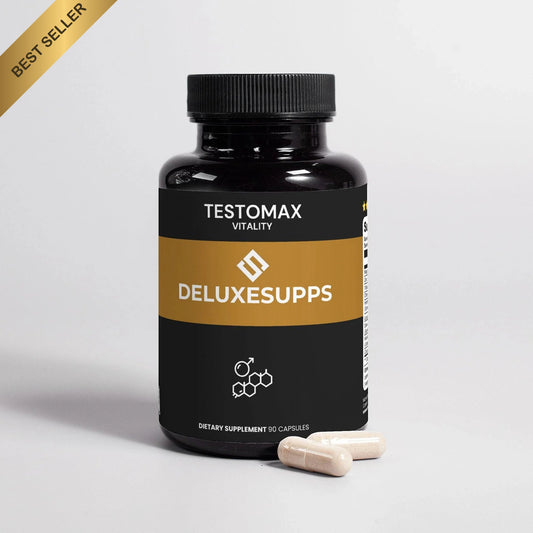
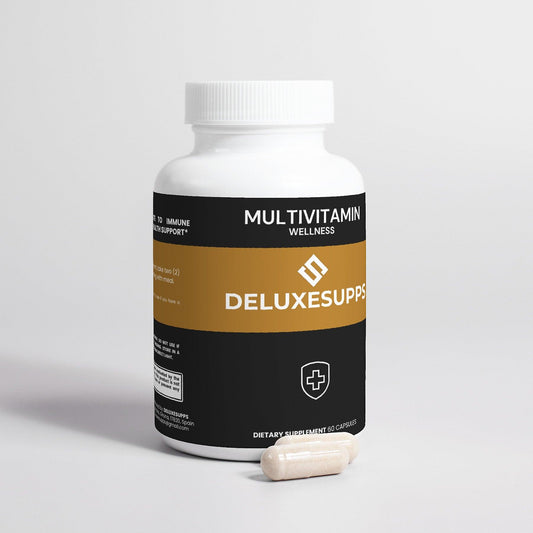
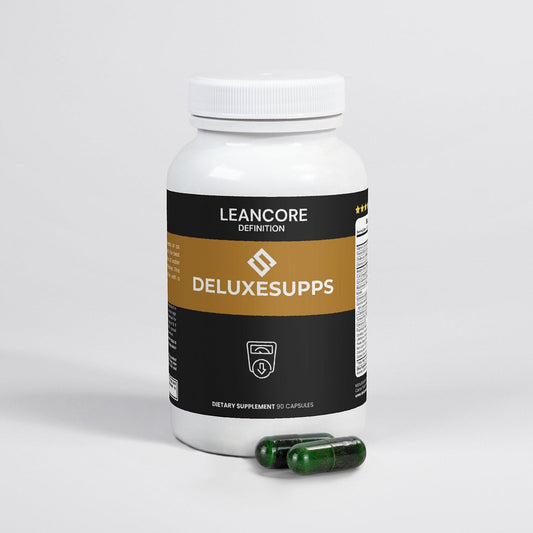
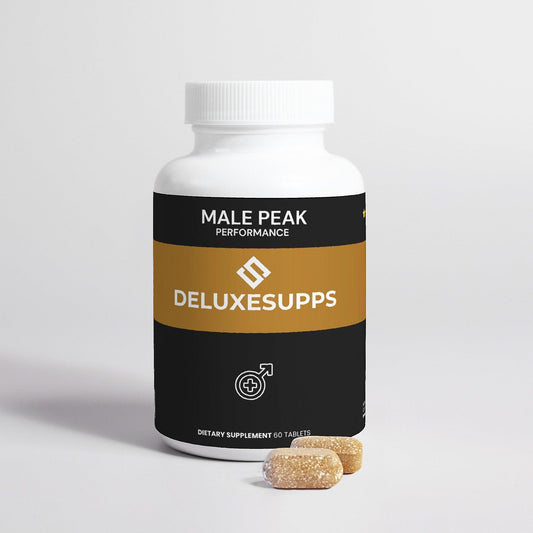

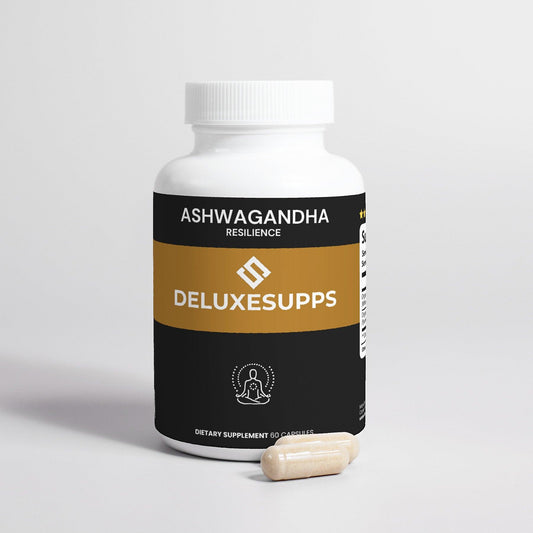

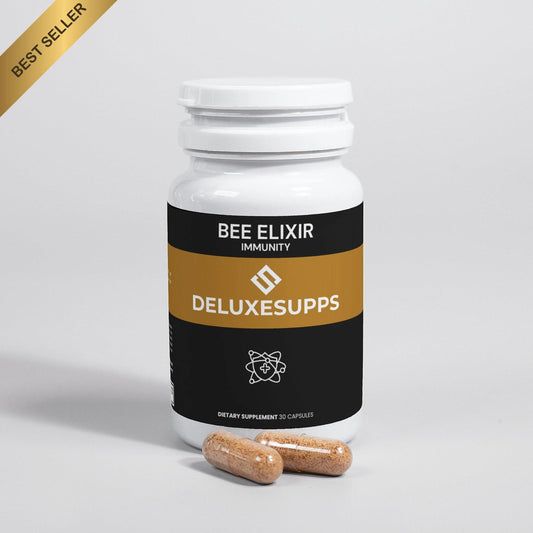



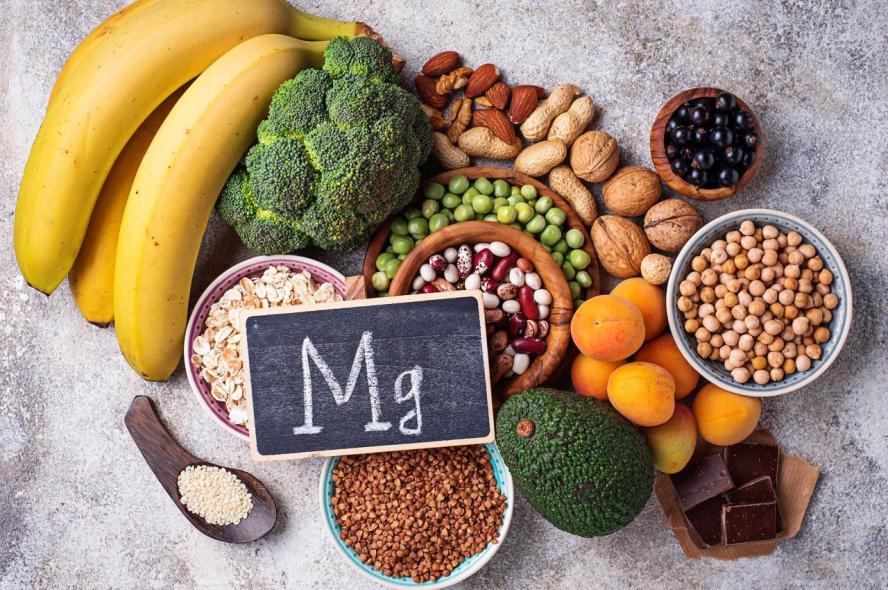
1 comment
Magnesium is very effective, when it comes to better sleep and good mood. But I love this gaba supplement https://www.amazon.com/GABA-Supplements-Relaxation-AminoButyric-L-Theanine/dp/B0BZQBB3CX even better. It is more effective I think it is because of B6 vitamin and L-theanine combination.